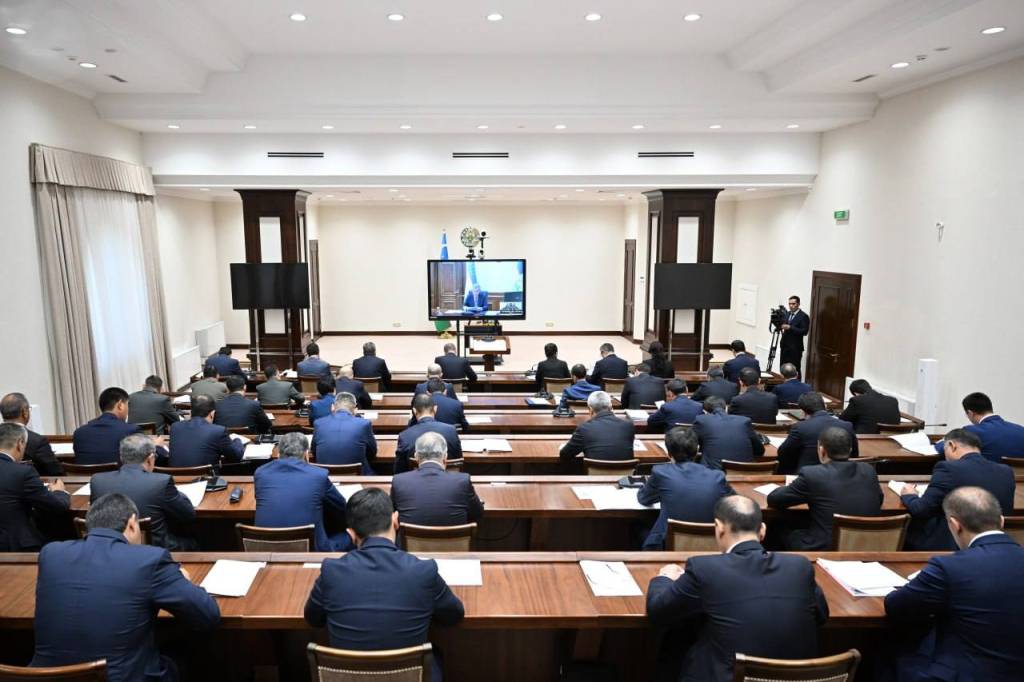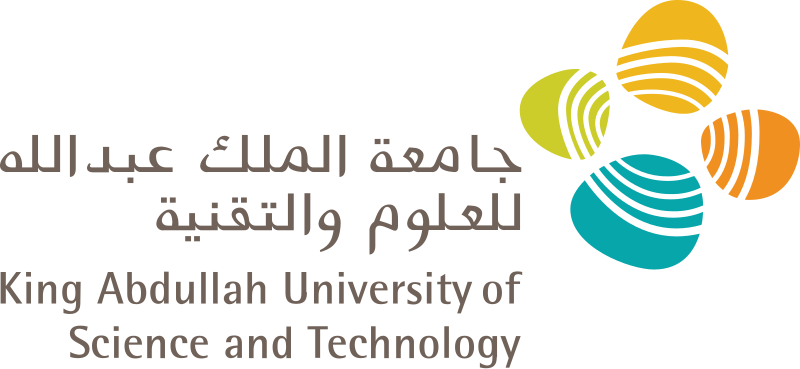On August 8, President Shavkat Mirziyoyev chaired a high-level meeting dedicated to addressing the employment challenges faced by higher education graduates in Uzbekistan.
In Uzbekistan, over the past seven years, admissions to universities have surged 4.5 times, raising higher education coverage among youth to 42 percent. However, despite state investments of 25–30 million soums annually per student, the country’s personnel training system continues to fall short of real market demands. More than half of graduates end up working in low-skill or unrelated jobs, while many enterprises hire ready specialists from outside.
Bridging the skills gap
Some progress has been made through granting financial independence to 40 universities, particularly in popular fields such as economics, law, medicine, foreign languages, and pedagogy. Yet disciplines like agriculture, veterinary sciences, engineering, and natural sciences remain less attractive to young people.
To strengthen industry ties, 25 engineering institutions have opened 438 departments within partner enterprises. In the oil and gas sector, education–production clusters have led to over 2,000 Bukhara Technical University graduates finding jobs in their fields, with scientific research commercialization increasing tenfold.
The stakes are set to grow even higher as Uzbekistan prepares to launch $83 billion worth of major projects, creating demand for nearly 500,000 industrial specialists. These include a large gas–chemical complex in Bukhara region and strategic ventures in Ustyurt with foreign partners.
New project-based training rules
From now on, all new projects worth over $1 million and employing more than 50 people must specify the exact types of specialists required — broken down by sector and specialization — in their feasibility studies. This data will allow ministers and sector leaders to place targeted orders with universities.
Rectors will adapt curricula accordingly, introducing additional educational modules that earn students academic credits. From the second year onwards, students will be assessed annually with the participation of future employers. Final theses will be based on project-specific tasks, ensuring that graduates who meet investor requirements are guaranteed employment.
Incentives for businesses
A new system will also reward private companies for hiring young specialists. Employers will receive extra points in the entrepreneurship rating for recruiting graduates, while universities will actively connect jobseekers with enterprises offering vacancies.
University reforms and performance-based funding
The government plans to expand the evaluation system used at New Uzbekistan University across all institutions. Universities will earn:
- up to 40 points for graduate employment rates,
- up to 30 points for industry orders and product sales,
- up to 20 points for scientific potential and publications in international journals,
- and up to 10 points for attracting domestic and foreign grants.
Funding allocations will be tied to these scores.
Additionally, rectors will gain greater autonomy — appointing their own deputies, managing staff, and setting differentiated “super contract” tuition fees. A “Rector’s School” will train future university leaders, ensuring organizational and academic independence is used effectively.
Expanding university admissions flexibility
Applicants currently able to select up to five universities will now have an additional option: if they fail to secure a place but meet the score requirements for an unfilled program elsewhere, they may be admitted there on a tuition-paying basis.
Youth employment initiatives
The government aims to support 92,000 graduates who are currently jobless by:
- enrolling 20,000 in master’s or second-specialization programs,
- placing another 20,000 in jobs not requiring prior experience,
- and creating regional “business incubators” to employ graduates in fields such as entrepreneurship, marketing, design, and IT.
Additional opportunities will be created in chemistry, energy, geology, automotive, metallurgy, textiles, electrical engineering, construction, transport, logistics, and social services.
Through the National Bank and Aloqabank, $300 million in preferential loans will be made available to graduates and the companies that hire them. Entrepreneurs hiring graduates can access up to 5 billion soums at 18 percent interest. This system will cover not only the class of 2025 but also graduates from the past three years.
The meeting concluded with input from sector officials, rectors, and business leaders, underscoring a shared commitment to modernizing higher education and ensuring that university degrees translate into meaningful careers.






